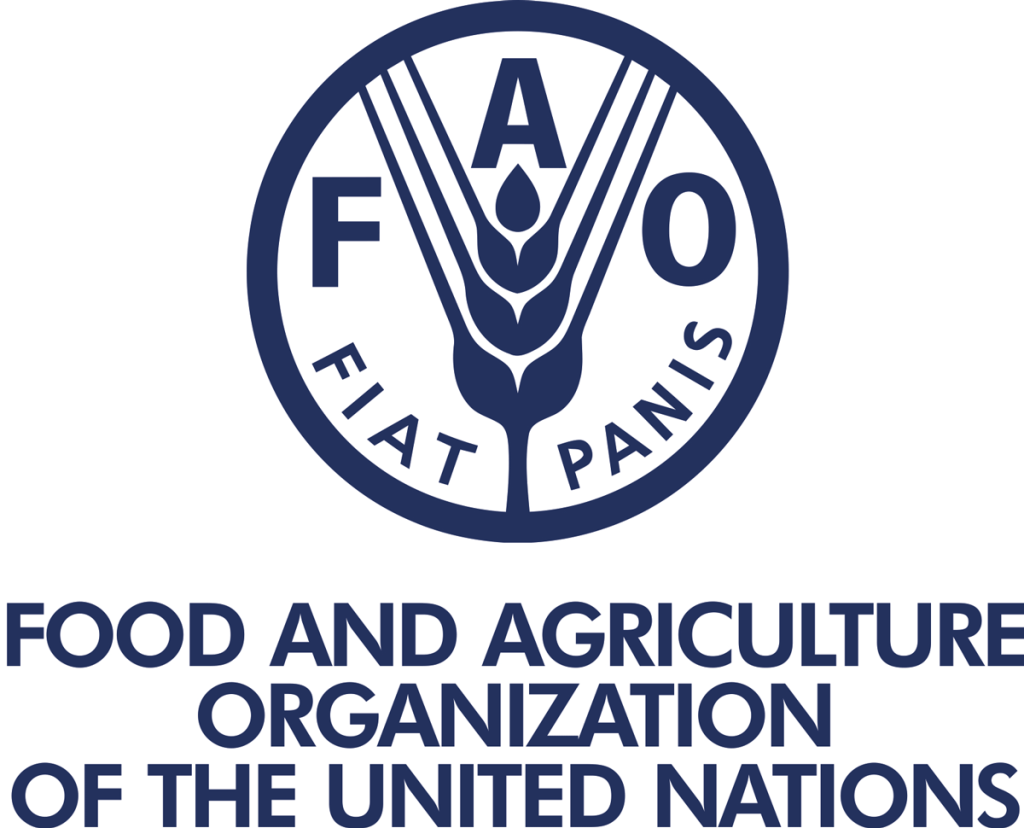A new report by two United Nations agencies warned Friday of a heightened risk of famine in three conflict-torn African states and Yemen, and a high hunger risk in 16 more.
The Food and Agriculture Organisation and World Food Programme warned that a “toxic combination of conflict, economic decline, climate extremes and the Covid-19 pandemic … is driving people further into the emergency phase of food insecurity”.
The agencies swung the spotlight on Burkina Faso, Nigeria, South Sudan and Yemen, all facing rising levels of acute hunger with potential risk of famine.
Issuing “a stark warning” in their Early Warning Analysis of Acute Food Insecurity Hotspots, the agencies said the four countries have areas that could soon slip into famine.
Some parts of the population “are already experiencing a critical hunger situation”, whereby any reduction in humanitarian access could lead to a risk of famine, they said.
Another 16 states are “at high risk of rising levels of acute hunger”, the agencies said.
Those countries are Venezuela, Haiti, Ethiopia, Somalia, Cameroon, Central African Republic, Mali, Niger, Sierra Leone, Democratic Republic of Congo, Mozambique, Zimbabwe, Sudan, Lebanon, Syria and Afghanistan.
In the case of the DRC, around 22 million are food insecure — “the highest number ever registered for a single country.”
The agencies said the global health crisis, extreme weather patterns and conflict had exacerbated hunger.
Only fast action could avoid a first outbreak of famine since 2017, which struck parts of South Sudan, they said.

